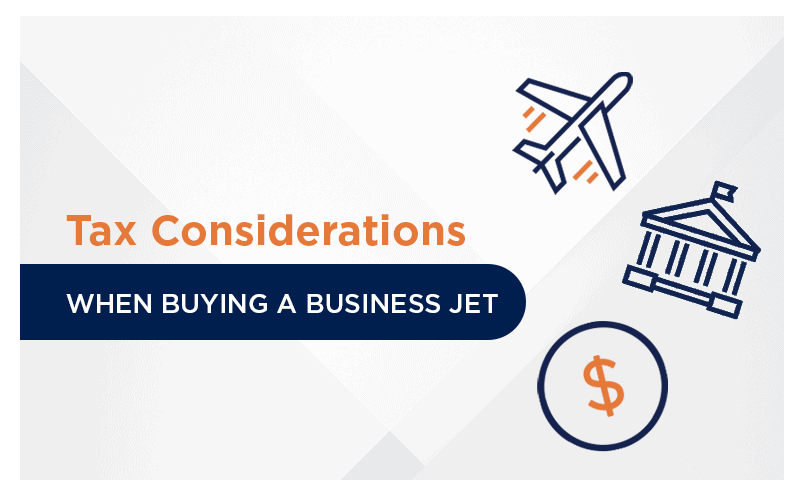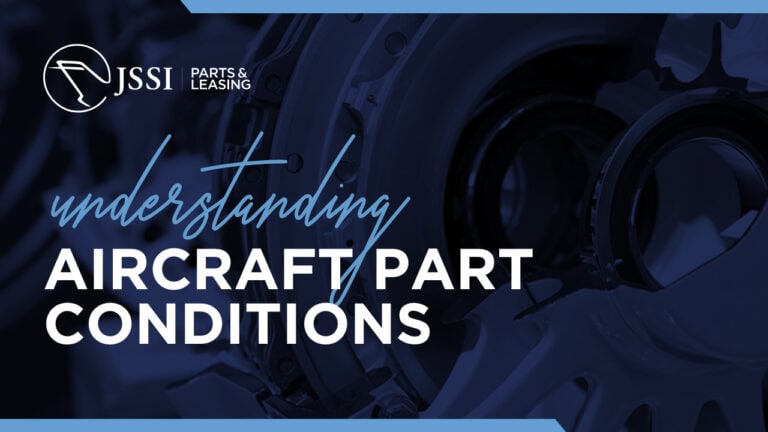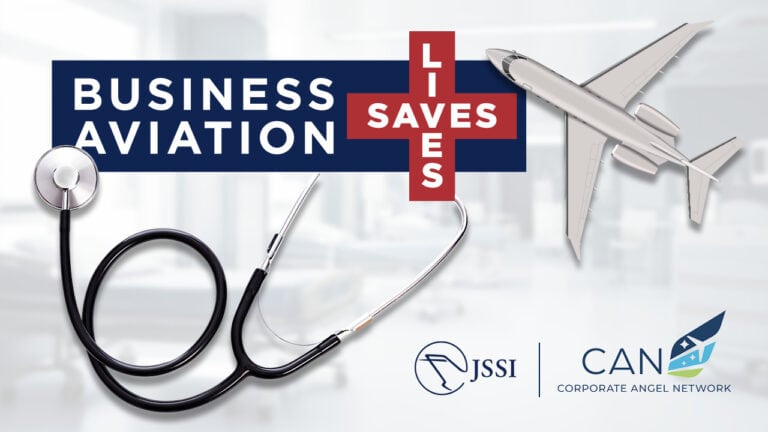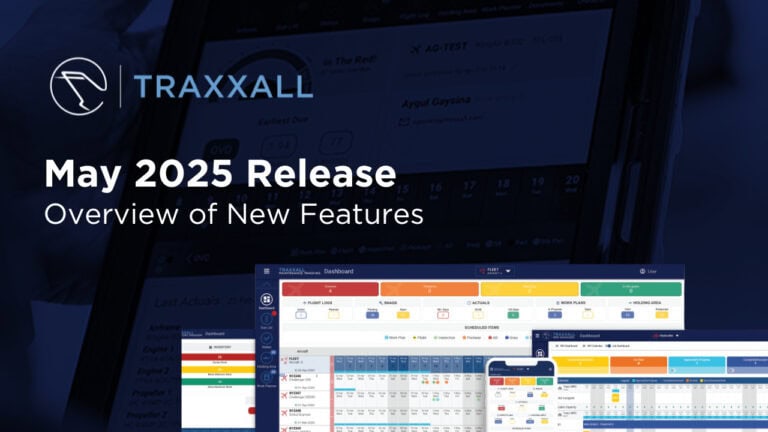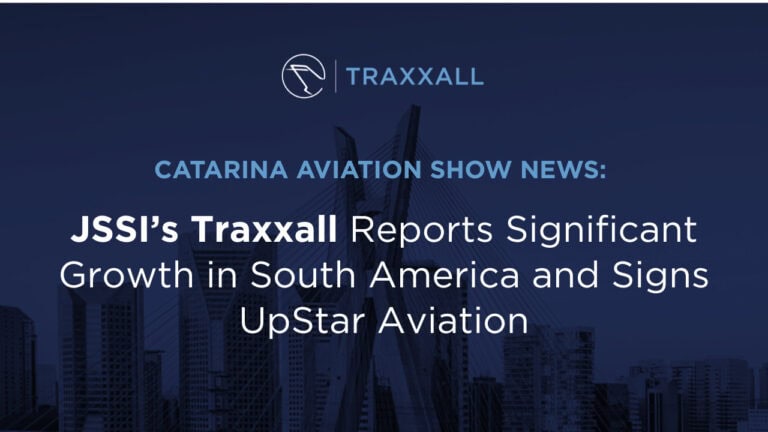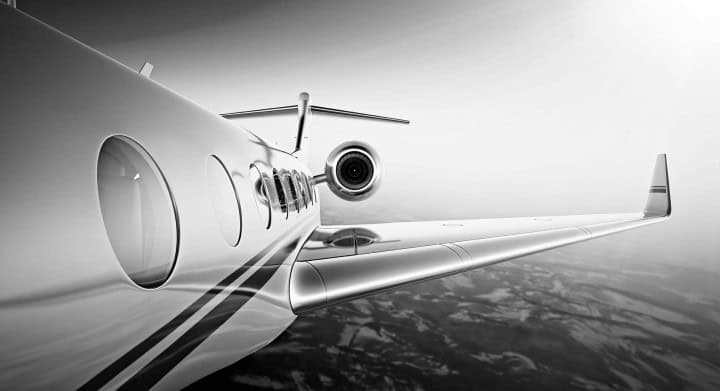What you should know about business jet finances beyond operating costs
During the past 18 months, business aviation has changed greatly. Covid-19 shaped the future landscape, while the 2020 U.S. election also led to new rules and regulations for our industry.
With the much-reported, and welcome influx of first-time business jet buyers since the pandemic, there is much to do to ensure the next generation of jet owners receive the very best tax advice for aircraft ownership and operating costs.
Watch this video from business aviation tax expert Nel Stubbs for an overview of tax considerations:
Allow adequate time for tax planning before buying a business jet
To plan appropriately for the tax implications of business jet ownership in the United States and beyond, you should work with a dedicated private aviation tax advisor from an early stage of your acquisition, around the same time you begin to liaise with an insurance broker.
Waiting until the last minute to make a tax decision could ultimately stop a deal from happening. How an owner plans to use their business jet and how they set up their aircraft ownership structure will determine if taxes can be minimized and the potential for tax benefits or advantages.
There are three major types of taxes to assess:
1. Federal taxes on business jets
Depreciation is a key consideration for federal tax implications. To claim any depreciation benefit, the aircraft must be used for business, with the amount of depreciation available determined by how much business use occurs.
The federal excise tax is another area to research, dependent on how your aircraft is managed and how ownership is structured. Your management company may, for example, decide to put your aircraft on a U.S. FAA Part 135 certificate if the aircraft is being used for private air charter, and this could have implications for federal excise tax.
Personal use of your aircraft is taxed at the federal level. This “fringe benefit” requires value to be added to the client’s income if they have any “non-business use” of the aircraft.
2. State taxes on private jets
Each of the 50 United States has different tax laws, and no two states are identical. It is important for prospective owners to consider not just the taxes for the state in which they hangar their aircraft, but also the state taxes for locations where they frequently spend time.
Extended stays from as few as 30 days may trigger personal property taxes, use taxes, or license fees in certain states.
3. Local taxes on business jets
Local taxes are an unknown, and often unpleasant surprise for business jet owners. While much attention is given to state taxes, local taxes can add between 1%-8% of tax. Colorado, for example, has a low state sales and use tax of 2.9%, but its local taxes are as high as 8%. Good tax planning involves researching the county in which to hangar your aircraft.
Delivery vs. hangar aircraft tax
One of the most common tax planning strategies employed by business aircraft owners and management companies is determining where the aircraft will be delivered once the transaction is complete, versus where it will be hangared.
Often determined by the broker or seller deciding where the aircraft will be “sold,” there are around 25 states in the U.S. where “flyaway rules” apply, and nine states that either have a low sales tax or do not tax aircraft at all.
All states that have a sales tax in the U.S. will also have a use tax. This use tax is due in the state in which the aircraft will be domiciled or primarily maintained. With careful tax planning, you can often find ways to reduce your tax liability in that state.
Intended use tax implications of business jet ownership
Another important tax consideration for any prospective aircraft owner is the split between personal and business use of the aircraft, and Part 91 (non-commercial) or Part 135 (commercial, non-scheduled) aircraft operations.
When you work with a dedicated tax advisor with private aviation expertise, they will ask you a series of detailed questions to understand how you intend to use and keep your business jet. Your answers help them determine which taxes will apply to you.
In some states, an aircraft operated more than 50% of the time for air charter operations can be exempt from the state sales and use tax. However, in other states, such as Kentucky, an exclusive use test applies.
Conklin & de Decker State Tax Guide
Jet Support Services, Inc. (JSSI) produces the only State Tax Guide for business aviation, an invaluable resource for understanding U.S. state tax laws for both commercial and non-commercial operations.
Our resident business aviation tax expert, Nel Stubbs, director at JSSI Consulting, tracks the legislative activity across all 50 states on a continual basis, providing owners and operators with the latest insight on upcoming tax-related legislation that will affect the business aviation industry.
The Conklin & de Decker State Tax Guide is just one of the tax planning services offered by JSSI, minimizing risk and exposure for our clients. Access our guide and learn more about how tax implications of aircraft ownership may affect you.
